Radiation
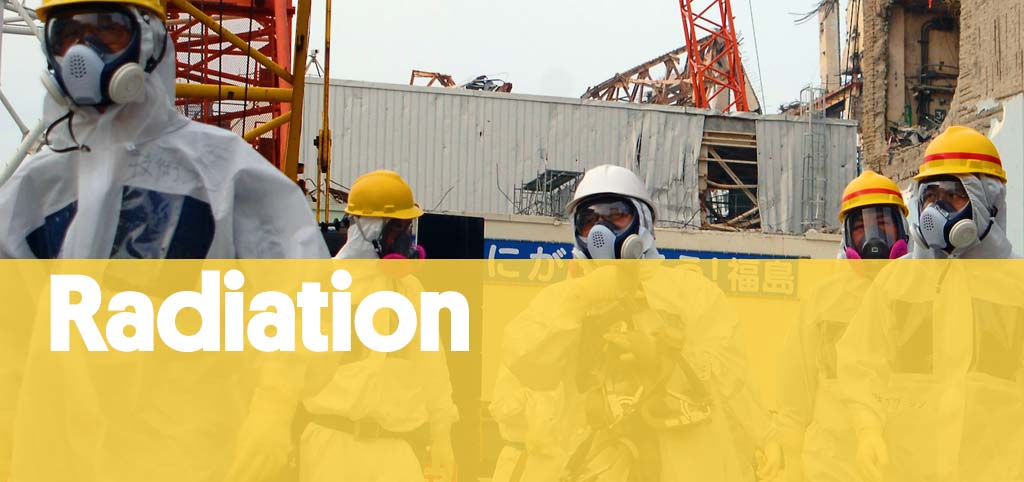
Radiation is the process by which energy—in the form of waves or particles—moves through media which are not required for its propagation. Radiation is classified as either ionising or non-ionising depending on whether or not it has sufficient energy to cause atomic changes in the matter through which it passes. Both kinds of radiation are found in the environment and exposures to them may occur as a result of both natural and anthropogenic processes. Increases in the application of non-ionising radiation as a means of transmitting data—for example, in mobile communications—have raised concerns about potential risks to health. Similarly, new ionising radiation imaging and treatment modalities are increasingly used in both diagnostic and therapeutic procedures in many areas of medicine, and understanding potential risks to health of both patients and medical staff are paramount in maximising the efficacy of treatments while ensuring their safety.
Understanding potential risks associated with occupational and accidental exposures to ionising radiation in relation to the nuclear industry is also key to radiation protection and public health.
Exposure to non-ionising radiation from a variety of sources has been potentially associated with a number of health outcomes including some cancers, but mechanisms explaining such associations are largely missing. Epidemiological research continues to contribute to exploring how non-ionising radiation might affect human systems. Exposure to ionising radiation has been conclusively linked to the risk of cancer and other health outcomes in a variety of studies. However, the nature of such risks at low doses is much less well understood.
The overall objective of the Radiation Programme is to better understand the potential risks associated exposure to radiation. Ultimately this aim serves the radiation protection of the general public, patients and those exposed in their work, and informing policy to achieve this goal. Another goal of the Programme is to improve the suveillance and living conditions of populations affected by past and future nuclear accidents. Our research contributes to a better understanding of the processes by which radiation affects human physiology and human health. Many of our projects also assess radiation exposures and their population health impact.
The group is led by Professor Elisabeth Cardis. Researchers working in the group include Magda Bosch de Basea (EPI-CT), Chelsea Eastman Langer (Mobi-KIDS, GERoNiMO), Eileen Pernot (INT-Thyr, ProCardio, Spain-CCSS, DoReMi, OPERRA), Michelle Turner (INTEROCC, GERoNiMO, EPILYMPH) and Javier Vila (INTEROCC, GERoNiMO).
Further information at radiation.isglobal.org
Our Team
Head
-
 Elisabet Cardis Research Professor, Head of the Radiation Group
Elisabet Cardis Research Professor, Head of the Radiation Group
Our Team
-
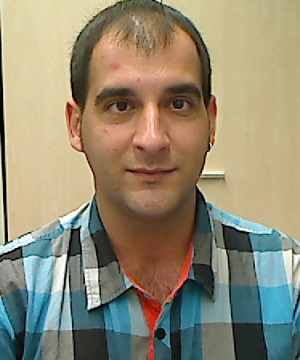 Alex Albert Cabrera Database Manager
Alex Albert Cabrera Database Manager -
 Lourdes Arjona Lab Manager and Research Technician
Lourdes Arjona Lab Manager and Research Technician -
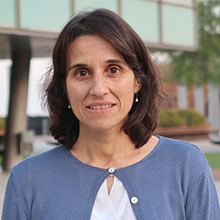 ESTHER BRINQUIS Personal Assistant
ESTHER BRINQUIS Personal Assistant -
 Maëlle Canet Predoctoral Fellow
Maëlle Canet Predoctoral Fellow -
 Gemma Castaño Staff Scientist
Gemma Castaño Staff Scientist -
 PATRICIA DE LLOBET Research technician
PATRICIA DE LLOBET Research technician -
 Elizabet Diago Associated Researcher
Elizabet Diago Associated Researcher -
 Mònica Guxens Research Professor
Mònica Guxens Research Professor -
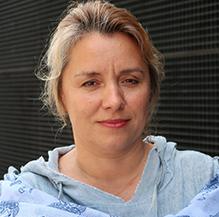 Liudmila Liutsko Project Manager
Liudmila Liutsko Project Manager -
 Isabelle Munyangaju Predoctoral Researcher
Isabelle Munyangaju Predoctoral Researcher -
 Isabelle Thierry-Chef Senior Researcher
Isabelle Thierry-Chef Senior Researcher -
 Adelaida Sarukhan Scientific writer
Adelaida Sarukhan Scientific writer -
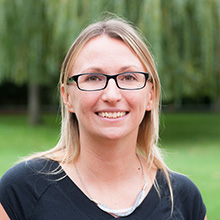 MICHELLE TURNER Associate Research Professor
MICHELLE TURNER Associate Research Professor



